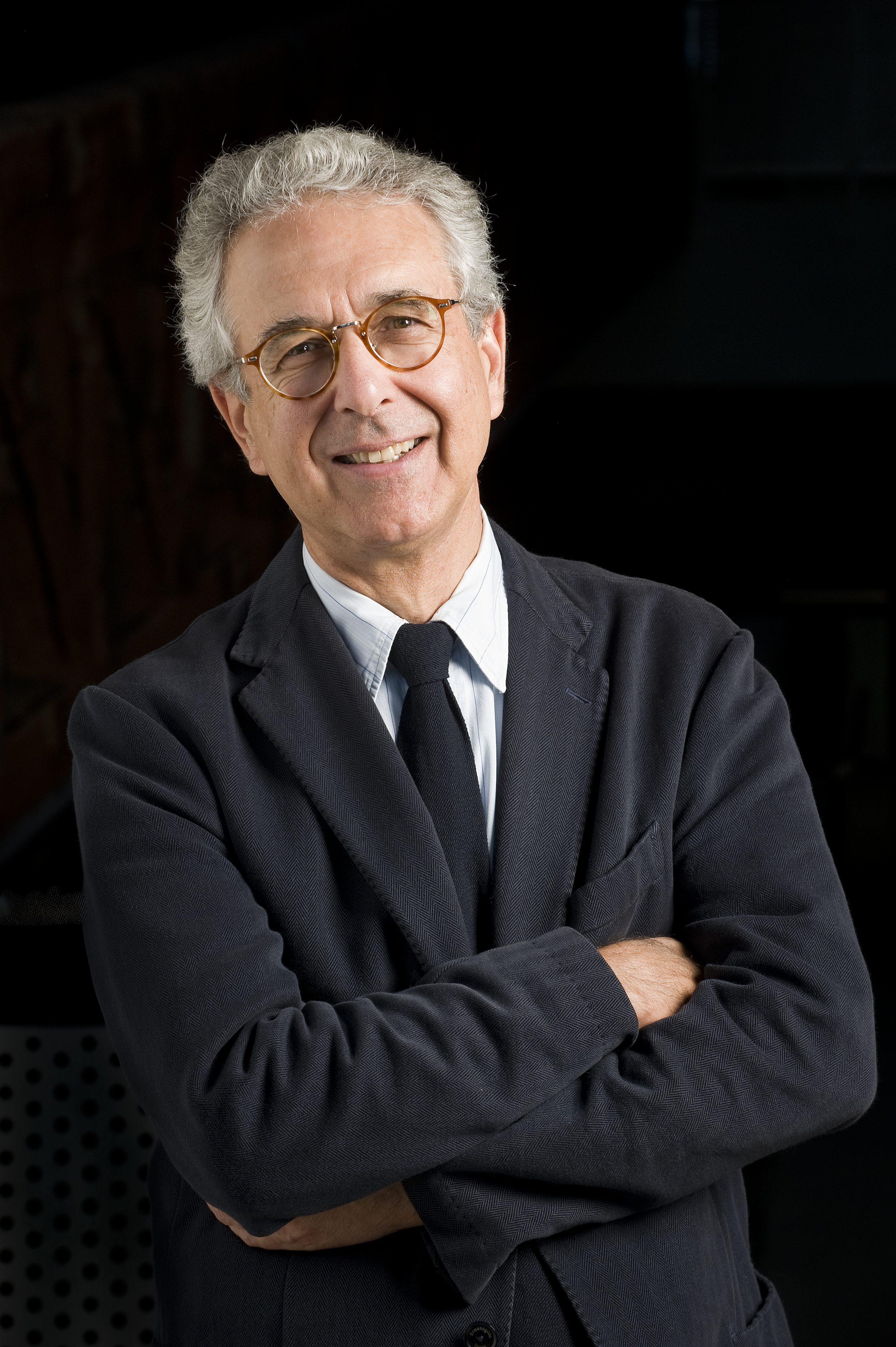"Popularizing science is one of the priorities of the IRB Barcelona"

Interview with JOAN GUINOVART
Director of the Institute for Research in Biomedicine (IRB) Barcelona
“We are very proud of the “Crazy” programme, in which 25 senior high school students visit us every Saturday to learn key aspects of biomedicine””
The Institute for Research in Biomedicine (IRB) is a research centre dedicated to the study basic questions in health and in humany illness. It was founded a decade ago by the Autonomous Government of Catalonia, and the University of Barcelona, and it is situated in the Barcelona Science Park. It is one of the Severo Ochoa centres which are participating in the “100XCIENCIA” forum which has brought together scientists, popularizers and journalists on the island of La Palma
The Director of this centre, Joan Guinovart, considers that the Severo Ochoa awards were a very necessary initiative. “Until now” he explains “the basis for funding science was the research groups. While still maintaining this line of funding, it was time to finance the centres where front line research is concentrated and which have ambitious, detailed and realistic future projects. Their environment builds cooperative effects which is a factor for progress, and augments the possibilities of each group. For us it has been a source of support for two basic aspects of our work: the development of our scientific project and in the reputation of our centre, which gives us an advantage in attracting talent".
The IRB is celebrating its first working decade with the challenge of “consolidating the levels of excellence already attained, and to take maximum profit from the available economic resources to keep on growing in quality and competitivity. We are backing a number of programmes to tackle multidisciplinary projects which can deal with biomedical problems which have a high socioeconomic impact and we will try to give answers to the needs of the scientists who want to generate innovative science. The final strategic mission is to transfer our results to the clinical field. We realize that sensitivity in this area is very high indeed, and we understand that it is of capital importance for us” explains Joan Guinovart.
The “100XCIENCIA” forum has the aim of highlighting, among other aspects, the importance of outreach in the field of innovation. “This is one of our priorities, and we support it very strongly” says the Director who had the nerve to participate, dancing, in this IRB video, a pioneering initiative in Europe for a research centre. “It was risky, but different, and it has made a big impact with the general public. Our video has been seen by a million people, and it has been broadcast by more than 200 communications media in the world, reaching an incredible audience. In this we show, using simple, clear messages, why science is the key to welfare, and what are our challenges, via the playfulness, and the great atmosphere within the IRB community.
As for specific activities now, and in the future, both with funding from the Catalunya-La Pedrera Foundation, Joan Guinovart picks out the 'Crazy about Biomedicine' programme. This is aimed at senior high school students (16-17 years old) for a full year, from January to December. 25 young and highly motivated students come on Saturdays to IRB Barcelona to learn about key aspects of biomedicine and what it means to be a researcher, and with an additional factor: English. The teachers are the PHD students of our centre, many of them international. The success of the first call means that now we are selecting the next 25 students who will be enrolled in the fourth programme 'Crazy about Biomedicine, 2016'. In addition this programme, in a number of different disciplines, has spread to other research centres in Catalonia, so that there are now “Crazys” in Economics, Technology, Chemistry, … we are proud of this, and it is a good symptom”.
Another star programme which is starting up is a project with a public primary school in Cornellà, in Barcelona. “This is the first time" comments Guinovart "that the IRB will be present for three consecutive years in a school. I think that it is very important to foment the teaching of science from infancy, and this programme, called Tándem, will let us do this. We will teach science transversally, linked to subjects which are very diverse, from Mathematics to Art, via History, etc. for girls and boys from 6 to 12 years old. This is a luxury, and a challenge for us all”.
Coordination of interviews: Verónica Martín




